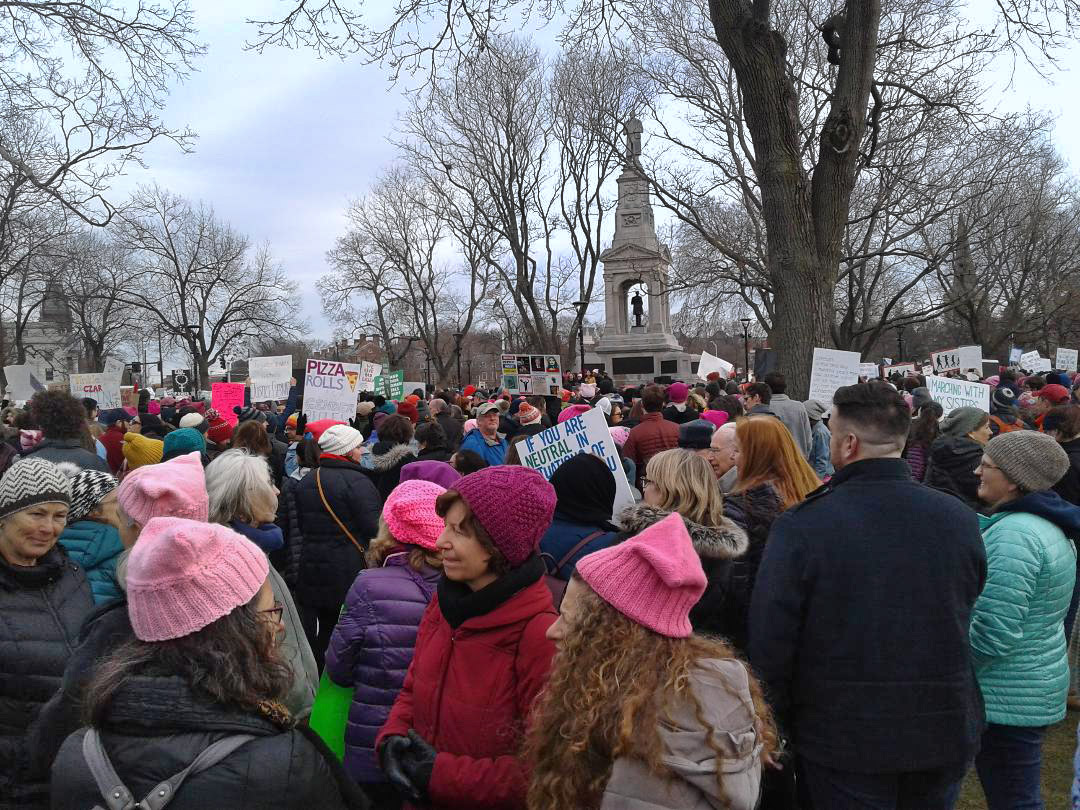This week has brought yet another reminder—O, America—that while film stars and pop icons have matchless gifts to bestow on our collective entertainment, responsible policymaking for our nation-states demands more specialised qualifications.
Catherine Deneuve is a legendary French actor, an enchanting performer, a great artist and a famous beauty. She’s also in the news on Wednesday deploring “the wave of denunciations that has followed claims that the Hollywood producer Harvey Weinstein raped and sexually assaulted women”.
Yes, in the context of #MeToo, and its French equivalent #BalanceTonPorc (Call out your pig), the actor—most famous for her Belle de Jour role as a woman who cannot distinguish sexual fantasy from reality—has stated: “I don’t think it is the right method to change things, it is excessive.”
These “things” reported by women and men across the world have included acts of sexual violence, abuse, assault, entrapment, harassment, coercion, blackmail, public sexual humiliation. The accusations include Louis CK masturbating in front of non-consenting women. Harvey Weinstein ejaculating on to a woman’s nightclothes after raping her. “Things” done by men who lied, insulted, threatened, cornered, touched up, fingered, groped, squeezed and penetrated those whose power and status were less than their own, as a reminder that it was. As a delectable indulgence not of sex, but of advantage.
Now Deneuve’s name is among 100 female signatories in a letter to Le Monde, protesting the campaigns with the spurious insistence that exposing abuse and naming abusers “helps the enemies of sexual liberty”. They claim men have been punished merely for “sending sexually charged messages to women who did not return their attentions”. “We are clear-eyed enough,” the group pronounces, “not to confuse an awkward attempt to pick someone up with a sexual attack.”
OMG, ladies: me, too! Me, and all the other women who have exposed the damaged tissues of the shame inflicted on us by our predators are quite “clear-eyed” on the distinction.
That’s why we are so angry—not because we are “puritanical”, as the letter claims, but because we are seeking joy from sexual contact on our own terms, not abuse or exploitation on someone else’s.
Even those of us who are not Oscar-nominated, who will never be among a clique of “writers, performers and academics” with the privilege to gab off in Le Monde can grasp this difference. Those of us who have been the waitresses, shop assistants, soldiers, scientists, students (and anyone else) who were “hit on”, said no, tried to leave, did not consent, clearly did not want to be there—and were ignored.
“Sexual liberty” is the right to determine your own sexual behaviour, without coercion. Dare I suggest that those of us who have lived without power and status perhaps understand this with a greater keenness of experience than those who have?
Imagine inhabiting such a world of privilege that the fantasy of superiority becomes real to you. Let’s hope no one ever gives a person like that a position of political leadership or control of a nuclear arsenal. That could get scary. And it’s already a very scary world. Just ask the Deneuve group, who have added their voices to the claim that there is a “witch-hunt” out to get the poor, marginalised and oppressed male sexual predators of the world.
If ever there was a claim that could add willful insult to an enraging situation, it is this one. As an historical comparison to invoke, it’s like claiming the Spanish Inquisition as an oppressed class or Gilles De Raisor was a victim of social prejudice.
Should it really have to be stated that—unlike the perpetrators exposed by #MeToo—society’s “witches” are never the powerful men with the property, status and advantages of a social order that protects, hides and excuses their crimes? David M. Perry emphasised the point in the Pacific Standard this week that “historically speaking… witch hunts involved powerful state and religious agencies identifying then executing vulnerable people, mostly women and other outsiders.”
The ideological influence of religious institutions has been supplanted by modern media structures, and the era is one in which entertainment celebrity conflated with political authority has provoked dangerously unstable realities. Only within the structural narcissism encouraged in Hollywood’s predator-barons and those like them could being held to account for one’s own behaviour provoke complaints of victimisation. No less than accused child molester Woody Allen has claimed that the denunciation of Weinstein is fostering “a witch hunt atmosphere” in a film industry that, even yet, sustains him.
It’s the likes of Allen, and Weinstein, and the other men accused—again and again—of abuses with whom Deneuve and her friends are aligning themselves with their letter. Their actions are not those in defence of freedom, let alone sexual expression or female identity.
They’re standing with those making excuses to torch powerless women, not anyone defending their liberty.
—Van Badham The Guardian Australia columnist

Protesters in the January 20th 2018 rally on the Cambridge Common in Cambridge, MA, commemorating the one-year anniversary of the Women March of January 2017.
